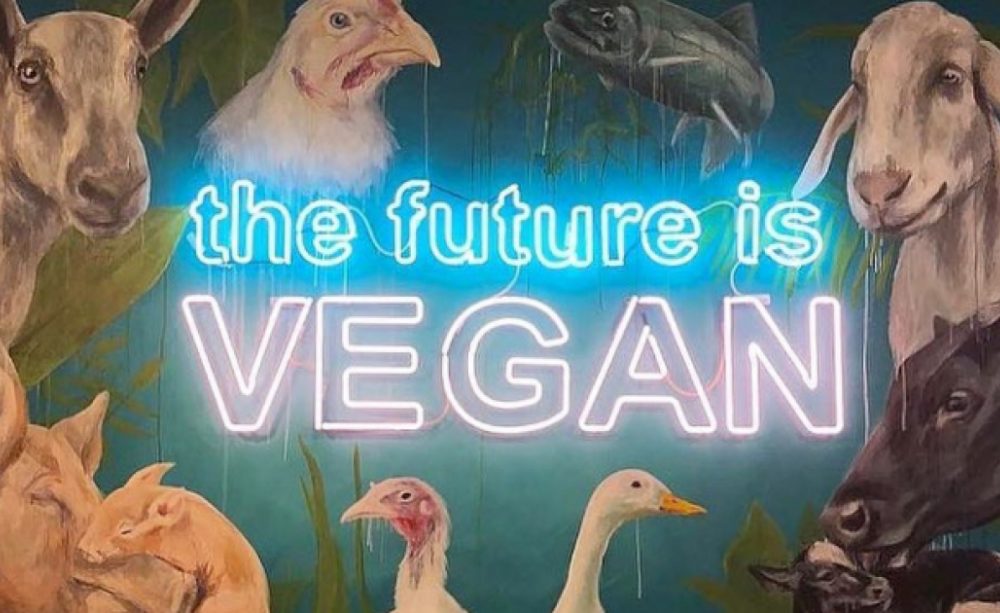We Can Save Precious Species By Going Vegan

Yorkshire-born joinery teacher Donald Watson left a global legacy few could have predicted. Born in 1910, he was a pioneer from a young age. By his mid-teens he had made the unconventional choice to become a vegetarian on ethical grounds, citing the horrors of the animal agriculture industry as his motivation.
But it was his actions some 20 years on which left their global mark. Taking his ethical consumption a step further, Watson is said to have coined a term which has revolutionised the way millions of us eat. In November 1944, Donald Watson proposed the term ‘vegan’.
Watson’s influence is internationally recognised on the 1st November each year on World Vegan Day. This year, as our precious flora and fauna continue to vanish before our eyes, we must recognise that the animal agriculture industry is fuelling the destruction and a vegan diet is the best choice we can make to stop it.
Diverse
In the UK our species have suffered unrelenting net-losses since 1970. Two-thirds of North American birds are at risk of extinction due to climate change. Global marine animal communities are projected to shrink within the next century as temperatures rise. In total, one million animal and plant species could vanish if we do not act. This is destruction on a catastrophic scale. This is the sixth mass extinction.
We know our consumption is exacerbating the crisis. For years we have been told to make changes to our lives in the name of the planet – to cut car and air travel, switch off our lights and take showers instead of baths – but the contribution of our diets has been neglected for too long.
In the space of one year, the agriculture industry was reportedly responsible for some 24 percent of all global greenhouse gas emissions, and livestock farming makes up four-fifths of the industry’s contribution.
This summer the world watched on in horror as more than 40,000 fires devastated the Amazon rainforest, yet it is purged year-round to make way for livestock farming. Some 70 percent of deforestation in the Amazon can be attributed to cattle ranching and most of the rest is cleared to grow fodder for livestock. This is destroying vital habitats once home to a diverse array of unique species.
Horrors
We are running out of time to put a stop to the obliteration of our natural world. But the solution is simple, choose a vegan diet.
Researchers at Oxford University found that moving to a vegan diet could have transformative environmental benefits. Making this change on a mass scale would slash the land required to produce food by some 76 percent and could reduce food emissions by 50-80 percent. This is the let-up global nature needs to flourish.
As the world reels at the devastation caused by our unfettered consumption, it’s time we turn our gaze to what we eat for a solution. On this year’s World Vegan Day, Viva! is asking everyone to #GoVegan24 and try veganism for 24 hours to see just how easy it is the make this essential change.
Following the path Donald Watson courageously forged over half a century ago, we must wake up to the horrors of the animal agriculture industry and choose a vegan diet to protect our precious species for centuries to come.




